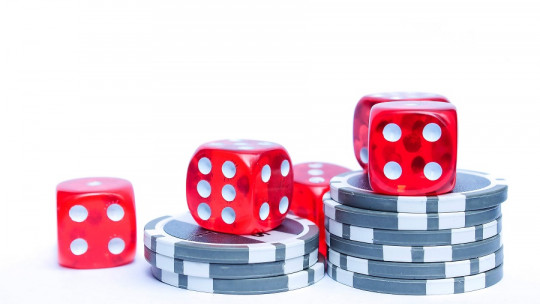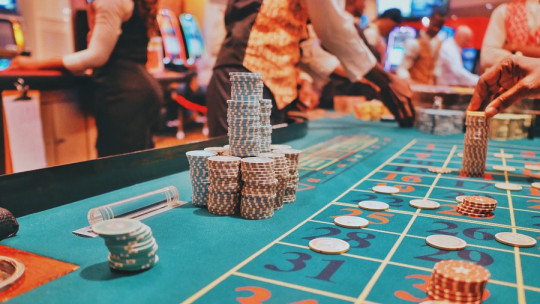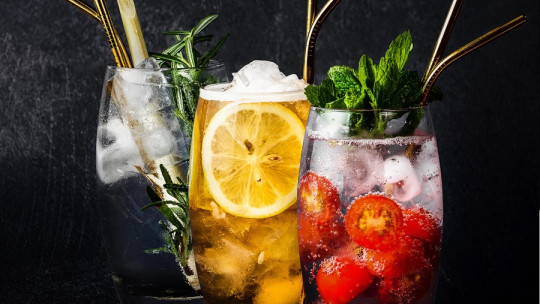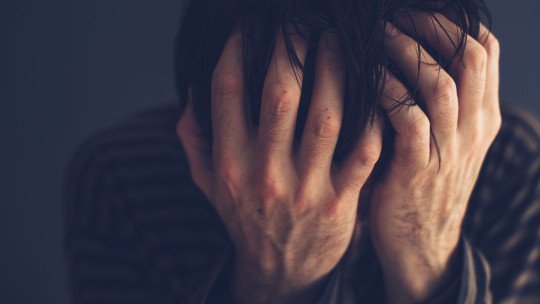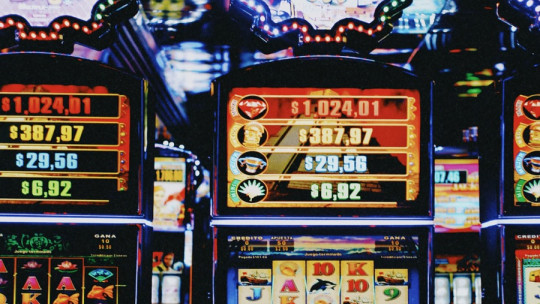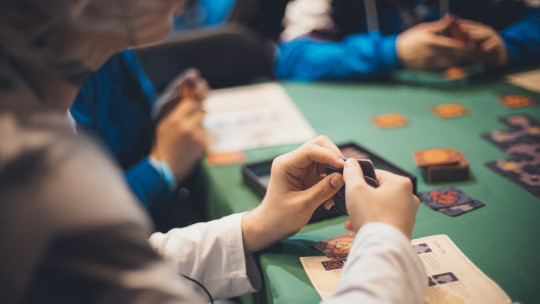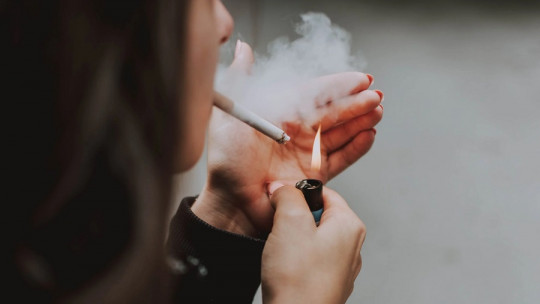
Colloquially, people who consume certain addictive substances are considered addictive. The problem arises when it is considered that the person may be able to leave it on their own and if they do not do so it is “because they do not want to”
When it is considered that a substance can be voluntarily stopped whenever you want without making any type of change in your lifestyle.
Beyond willpower
According to the World Health Organization, addiction is a physical and psychoemotional illness that creates a dependence or need for a substance, behavior or relationship It is a progressive and chronic disease, which affects both the personal, work and family spheres.
It is a biopsychosocial pathology, characterized by an affectation in three main fields: biological, with a progressive deterioration of cognitive abilities, psychological, considering the person as necessary for their functioning, and social, characterized by deterioration in friends and family. and consequently social isolation.
How does dependency develop?
We can talk about there being a physical and psychological dependence when three or more of the following factors are met in a 12-month period:

The nature of addictions
Currently the most used drugs are alcohol, tobacco, cocaine, cannabis and benzodiazepines. On the other hand, we find other types of substanceless addictions on the rise, especially addictions to new technologies and video games, as well as pathological gambling.
It should be specified that although addictions without substances do not generate an imbalance in the central nervous system produced directly by the substance, it does. there is a modification at the brain level, especially in the reward system, specifically in the nucleus accumbens, responsible for regulating such basic behaviors as eating and sleeping, which are impaired in people with an addiction, in addition to sex, well-being and pleasure, increasing that desire for immediate gratification. Likewise, more areas are included that are affected after consumption, such as the prefrontal cortex, responsible for attention and concentration, and other brain areas.
When an addiction is generated, everything revolves around the individual’s consumption, not showing interest except for consumption itself. Both procurement and consumption are planned throughout the day, gradually leaving priorities, responsibilities and involvement with the people around you. Consumption is the source of motivation for the person with an addiction, the rest takes a backseat. It is considered as a coping mechanism for the person, even if it is dysfunctional, since the person considers it essential for their correct functioning, or to get rid of physical or psychological discomfort.
At the beginning of consumption, the benefits of consumption are obtained, such as alcohol “to socialize”, or cocaine “to perform” or even cannabis to “relax or not think”, although consumption does not apparently generate consequences. negative even though there is damage even in the first consumption at the brain level, the person is not aware of it. The problem comes when this consumption becomes more periodic or more constant over time, in greater quantities and negative consequences appear, such as arguments, absences from work or lower performance, deterioration of social and family relationships, physical and cognitive deterioration, to inability to carry out activities of daily living.
People with an addiction require the behavior or substance as a method of evasion from those situations or circumstances that cause discomfort On the other hand, they consider consumption as a source of satisfaction, finding in consumption the source of their well-being or tranquility, through the reduction of anxiety, pain… prioritizing consumption, for immediate satisfaction, over other more benefits. long-term such as achieving objectives, which require time and effort.
Need help?
If you find yourself in this situation or identify that there is someone in your family with this problem, do not hesitate to contact us.
From the Blanca Esther Psychology Center We will be happy to help.

